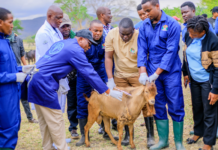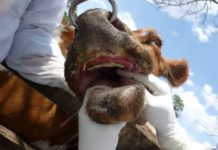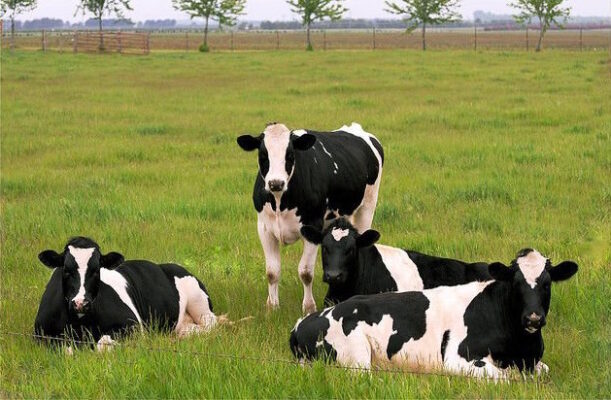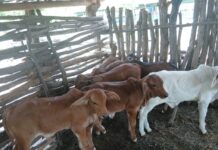Australia has joined forces with the International Livestock Research Institute (ILRI) to support the training of researchers from developing countries to advance sustainable livestock production.
The Partnership Arrangement, announced at the TropAg Conference in Brisbane, will focus on building national capacity in Vietnam, Lao PDR, Cambodia, Ethiopia, Tanzania and Kenya. All countries have significant livestock sectors that are currently held back by low levels of efficiency and are increasingly vulnerable to climate extremes.
The AUD1 million partnership, which has selected more than a dozen fellows as part of a competitive selection process, will aim to improve livelihoods and food security and reduce poverty among people in developing countries through research for better and more sustainable use of livestock.
The Australian Centre for International Agricultural Research (ACIAR) will oversee the partnership for the Australian government, collaborating with ILRI and the Biosciences eastern and central Africa BecA-ILRI Hub to support the establishment of the Africa-Asia Biosciences Challenge Funds (AABCF) fellowship and graduate certificate program. The program will include fellowships and short visits to address workforce gaps and apply practical knowledge in local research and education institutions for Early and Mid-Career Researchers (EMCRs) and technical staff as pathway to advanced qualifications.
“Partnerships and capacity development are key to making lasting impact,” said Dr Suzie Newman, ACIAR General Manager.
“We are pleased to partner with ILRI to strengthen our commitment in tackling these shared global issues, with a focus on developing capacity to support locally led, climate resilient livestock research initiatives.”
The partnership will also include the launch of a PhD program focusing on climate solutions for tropical, subtropical and intensive livestock, dairy, and mixed farming systems in collaboration with ILRI and Australian institutions, including the University of Melbourne and The University of Queensland.
“We are delighted to be in partnership with the Commonwealth of Australia, represented by ACIAR,” said Prof. Appolinaire Djikeng, director general of ILRI. “At a time when international aid and assistance is waning, Australia has shown its leadership and commitment to sustainable development.
“We know that in parts of the Global South, economic growth from agriculture is up to 11 times more effective at reducing poverty than any other sector. Livestock plays a fundamental role in the economies and cultures of developing countries and by upskilling researchers, this partnership will help to optimise this critical sector in the face of climate change.
Djikeng added “For ILRI, this alliance allows us to link partners in Africa and Asia to the latest technologies and advances in bioscience to improve livestock productivity with the co-benefits of emissions reduction and resilience to climate change.”
Prof. Tim Mahony of The University of Queensland said: “Our aim is to increase capacity in six countries in Africa and Southeast Asia by building a cohort of trained researchers, who can learn from our successes in the harsh Australian climate.
“Most of these countries have a challenging production environment, similar to Australia’s northern herds. So, we’re focused on breeding and improving productivity in livestock and building that in-country capability.”
Surinder Singh Chauhan, Associate Professor at University of Melbourne, said: “We are delighted to help advance this alliance, working with ILRI, UQ, and local partners to build the next generation of experts in climate-smart livestock and mixed-farming systems.
“Together, we will co-design practical, locally driven capacity-building programs to strengthen climate resilience and sustainable agriculture in East Africa and Southeast Asia.”
Researchers from the University of Melbourne and UQ will hold a one-week workshop in Nairobi in January 2026, followed by workshops in Hanoi, Vietnam for the Southeast Asian fellows.
“Longer term, we would continue to mentor the fellows whose projects are showing promise, and perhaps one day progress to offering PhD places either at UQ or UoM,” added Prof. Mahony.








